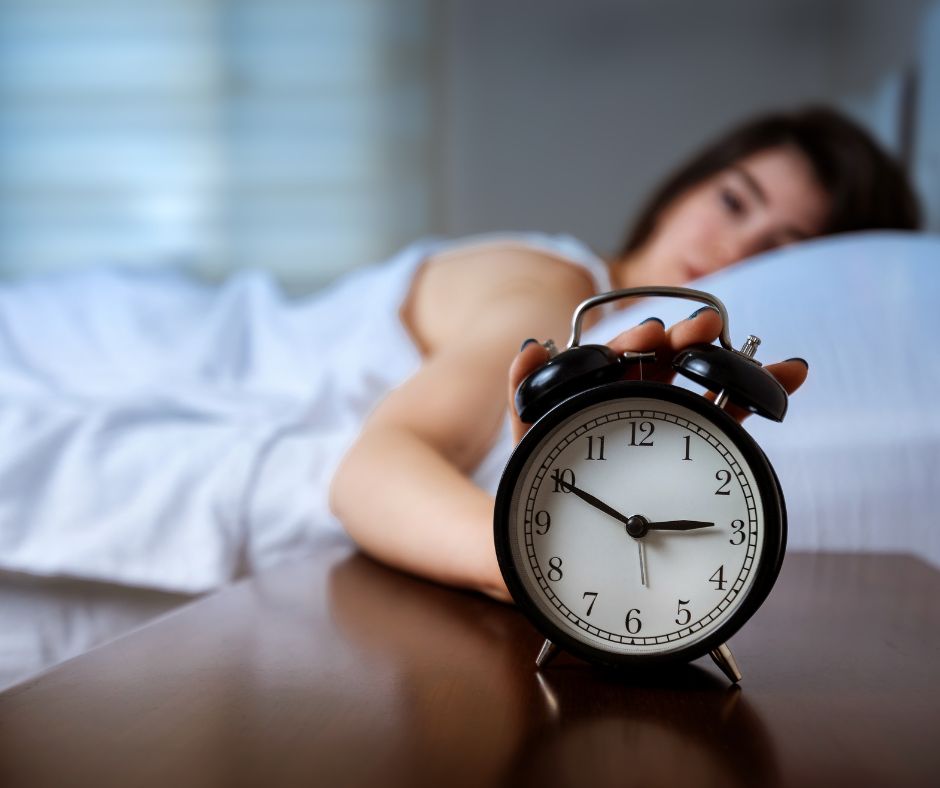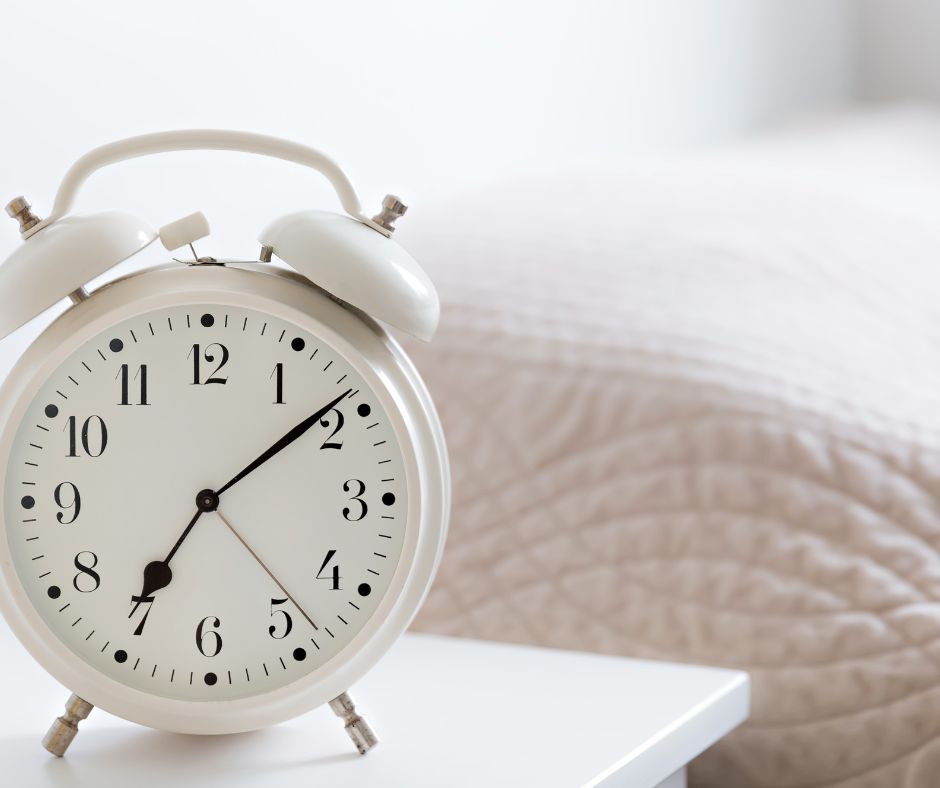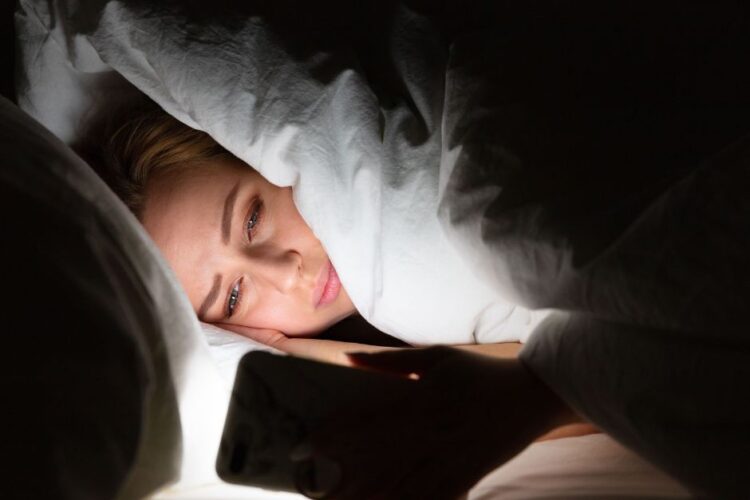Unplugging for Rest: Embracing Sleep Hygiene
In my blog post about sleep hygiene, I emphasized the importance of keeping electronic devices out of your sleep space when dealing with chronic illnesses and trying to get better sleep. But what are the reasons for this?
Blue Light and Melatonin Suppression
The screens of electronic devices emit blue light, which mimics natural daylight. Exposure to blue light in the evening can suppress the production of melatonin, a hormone that regulates sleep-wake cycles. For someone with chronic illnesses, maintaining a healthy circadian rhythm and maximizing melatonin production is crucial for improving sleep.
Sleep Disruption and Increased Symptoms
Using electronic devices before bedtime can stimulate the brain, making it harder to wind down and fall asleep. Chronic illness can worsen symptoms by disturbing your sleep and hindering your body’s healing and recovery process at night.
The Impact on Sleep Disorders
Chronic illnesses often come with comorbid sleep disorders such as insomnia, sleep apnea, or restless leg syndrome. The use of electronic devices can exacerbate these conditions, leading to fragmented sleep and decreased overall sleep quality.

Overstimulation and Anxiety
Chronic illness itself can almost certainly lead to heightened stress and anxiety levels. Electronics, especially when used for work, social media, or consuming news, can make it harder to relax and sleep due to overstimulation and increased anxiety.
Tips for Removing Electronic Devices
Here are some practical tips for effectively removing electronic devices from your sleep routine:
Establish a No-Screen Zone
Designate your bedroom as a screen-free zone. Ensure that all screens, including smartphones, tablets, and laptops, are kept out of reach.
Set a Digital Curfew
Establish a specific time each evening when you stop using electronic devices. This digital curfew will give your brain time to wind down before bedtime.
Alternative Wind-Down Activities
Instead of using screen time, try relaxing activities like reading a book, doing gentle stretches or yoga, and enjoying hobbies like knitting, painting, or doodling.
Blue Light Filters and Night Mode
If you must use electronic devices in the evening, activate blue light filters or night mode settings. These features reduce the amount of blue light emitted and can be less disruptive to your sleep-wake cycle.
Use an Old-Fashioned Alarm Clock
Instead of relying on your smartphone as an alarm clock, consider using a traditional alarm clock. This will eliminate the need to keep your phone by your bedside.

Charge Devices Outside the Bedroom
Charge your electronic devices in a different room, away from the bedroom. This helps you avoid scrolling late at night and resist the temptation to check your device if you wake up at night. By the way, that is my biggest mistake!
To improve your sleep quality, remove electronic devices from your bedroom and try the above mentioned strategies. For people with long-term illnesses, doing this simple step can help a lot with managing symptoms, improving sleep, and overall well-being. Remember that consistency is key, and it may take some time to adjust to these changes. But the benefits to your sleep and health will be well worth it in the long run!


